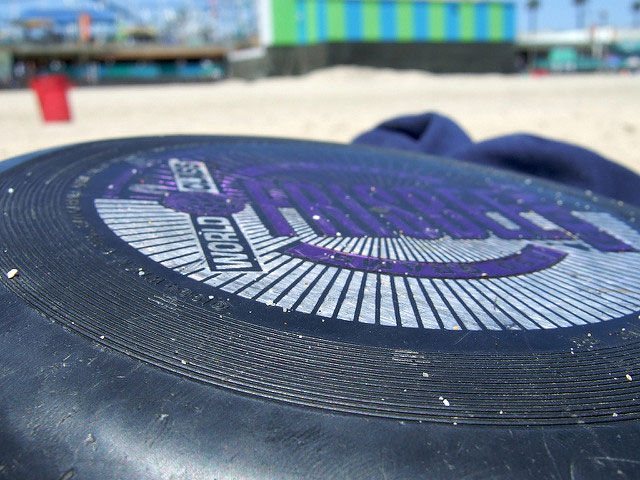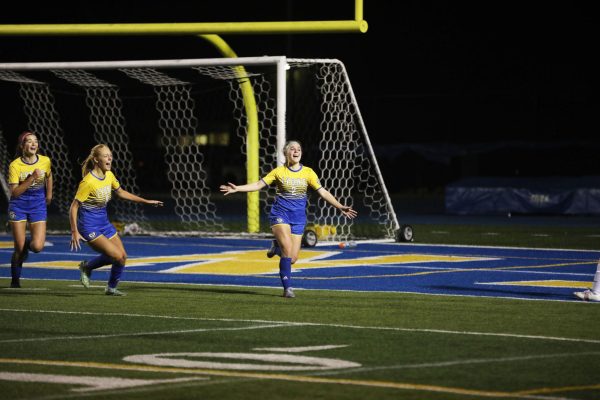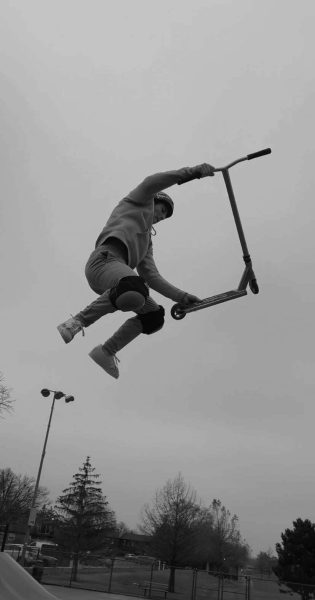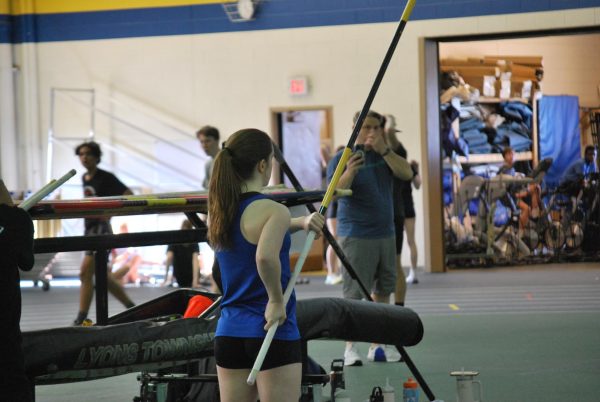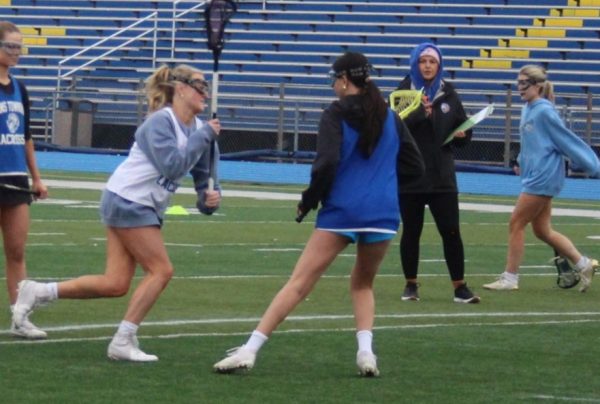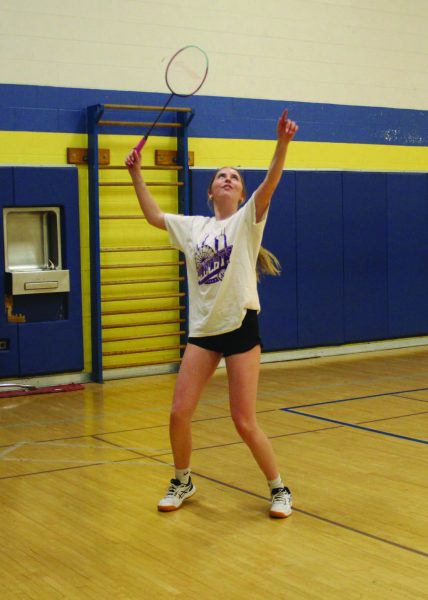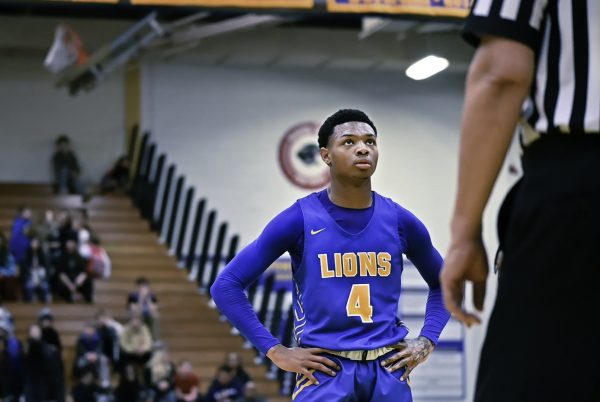Unbelievably Ultimate
April 8, 2016
Four score and seven years ago, when I joined the LION Newspaper as a loyal but bungling apostle to the infamous Joe Rossetti ‘15, I told myself I would spare readers from having to deal with me writing about ultimate. Well here I am, 13 columns later, and I’ve finally decided the time has come. I must now write about what so many of you probably expected me to do a long time ago.
First and foremost, it’s called “ultimate,” not ultimate Frisbee. A “Frisbee” was a play disc invented by Hasbro, who was quick to trademark the name and prevent the sport from using it. Thus, in all formal contexts, it is referred to as solely “ultimate.”
Second, I would like to address the outrageously negative stigma that surrounds a game that for so long I have held extremely close to my heart. If you go around and ask your friends about ultimate, most of them will think, unless they actually know someone who plays competitively, that it is just a “picnic game.” Unfortunately, the overwhelming stereotype that comes to mind is kids tossing a Frisbee around on the beach or at a park.
While this is accurate for some cases, it is not accurate for the majority of people who say that they play ultimate. When you tell somebody that you “play football,” you aren’t implying that you toss the pigskin around on the beach; you’re implying that you suit up for the season and play real games. It’s the same thing with ultimate.
Third, if you type “ultimate Frisbee” into Google, the first autocomplete that pops up is “not a sport.” However, I think that when most people say this, it isn’t because they are against the idea that ultimate is a sport, but rather they just don’t know enough about the game beyond the “picnic stereotype.” Allow me to provide a little insight.
Ultimate is a game played on a 70 by 40-yard field, with 20-yard end-zones. Two teams of seven square off on opposite ends. Play is started by what is known as a “pull,” which is like a “throw-off” and is very similar to a kick-off in football. Once the other team catches the pull, they cannot move with the disc and have 10 seconds to pass the disc to a teammate, who will in turn have to do the same until eventually the disc reaches the opponent’s end-zone. Play is non-stop, and there are turnovers and fouls just like every other sport. It’s kind of like a combination of football and soccer.
One of the most integral parts of the game, however, is what is known as “Spirit of the Game.” The founders of the sport back in 1968 knew that they wanted a game that was self-officiated, one where players could make their own calls and settle disputes on their own. It’s a concept that has remained with the sport up until today, and is one of the many reasons so many people love it and play throughout their lives.
It’s hard to describe, but it’s something I notice no matter where I go in the country for tournaments. There’s always a sense of camaraderie amongst players, regardless of what team you play for. Everyone who is playing ultimate is playing it for the love of the game, and nothing more. It takes away the drive and necessity to be successful and get paid that accompanies so many other sports, and in my opinion embodies the ideal of what sports should really be about: having fun.
It is also what led Tom Crawford, former director of coaching for the U.S. Olympic Committee and current head of USA Ultimate, to become instrumental in getting ultimate to be recognized by the International Olympic Committee. Crawford said, “This is like everything that you would want to bake into a sport, if you were creating it from scratch. The speed, quickness, power. Women and men playing. Few disputes. And the entertainment value.” (Crawford is right. Lookup ultimate highlight videos on YouTube sometime, and I swear you will not be disappointed.)
What ultimate presents is something entirely unique, and something I think would thrive on the Olympic scene. It has gender equality, huge potential for global growth (all you need is a patch of grass and a disc), appeals to youth and most of all represents what makes sport as a whole such a great thing: a spirit of fair play and a love and passion for the game.







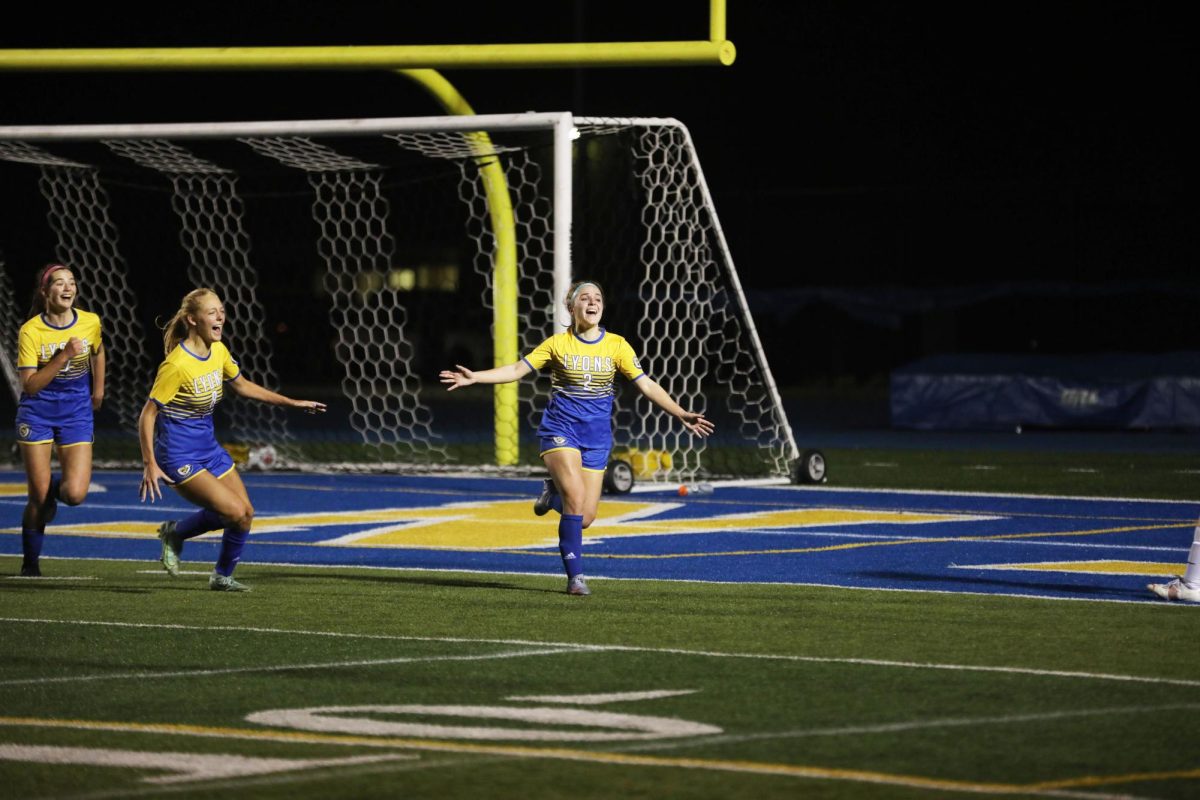
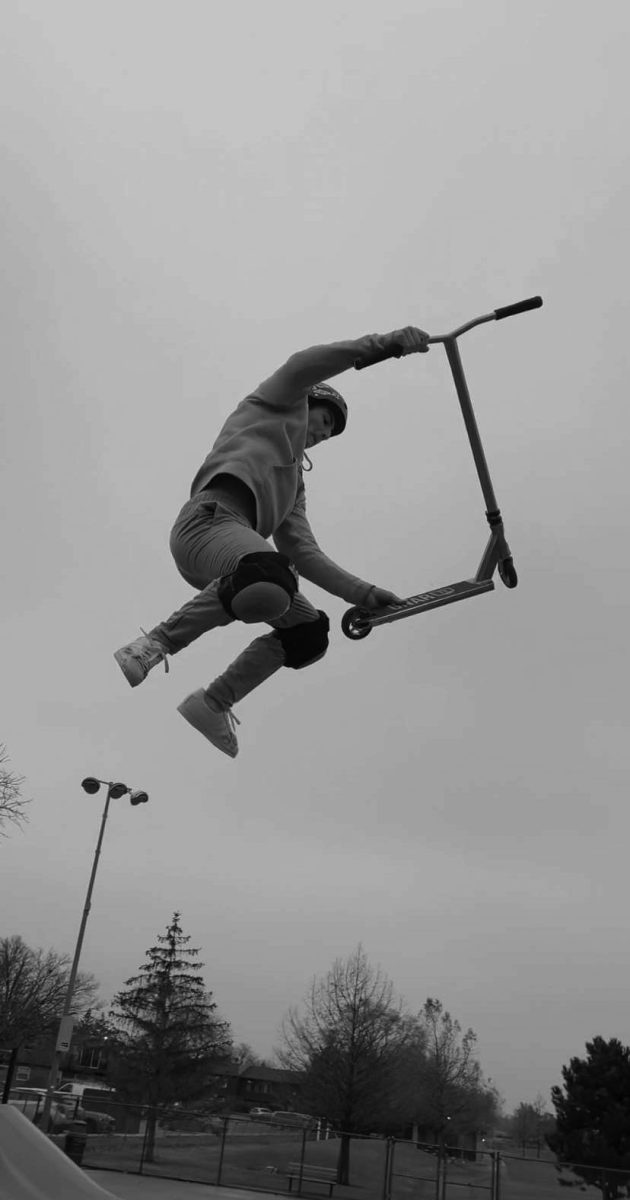
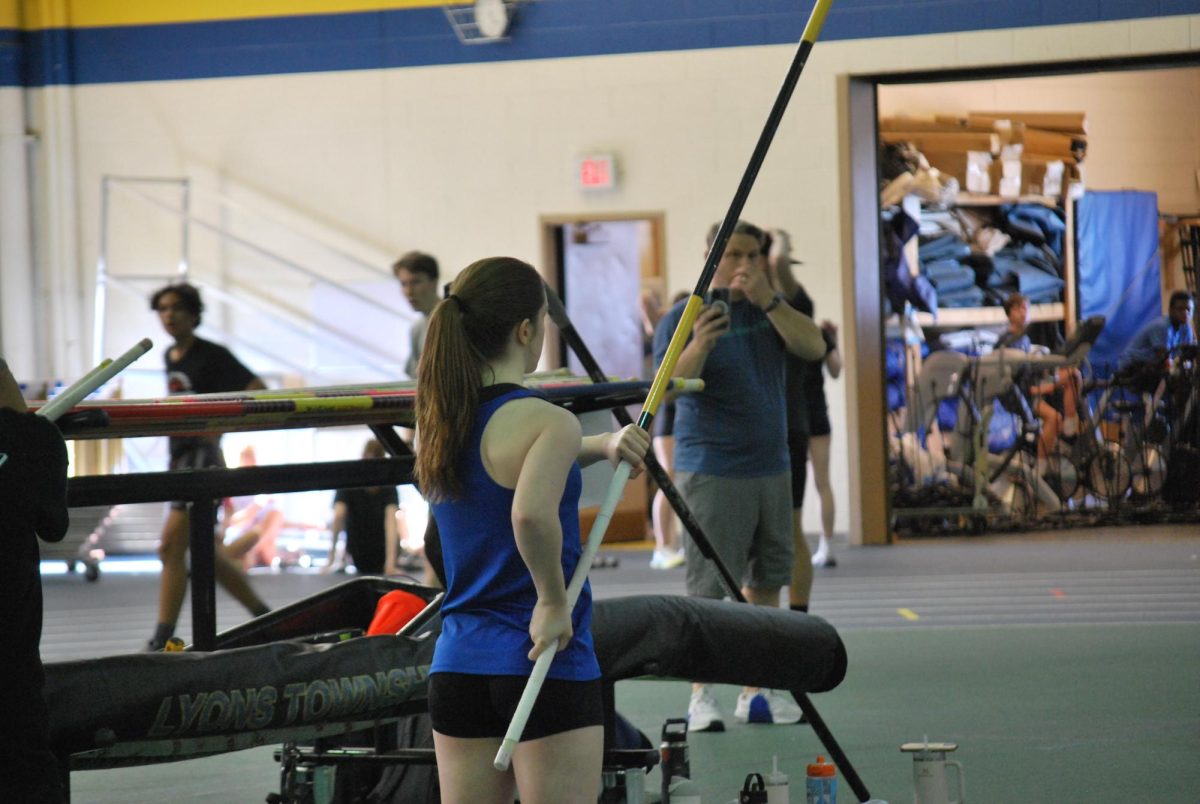
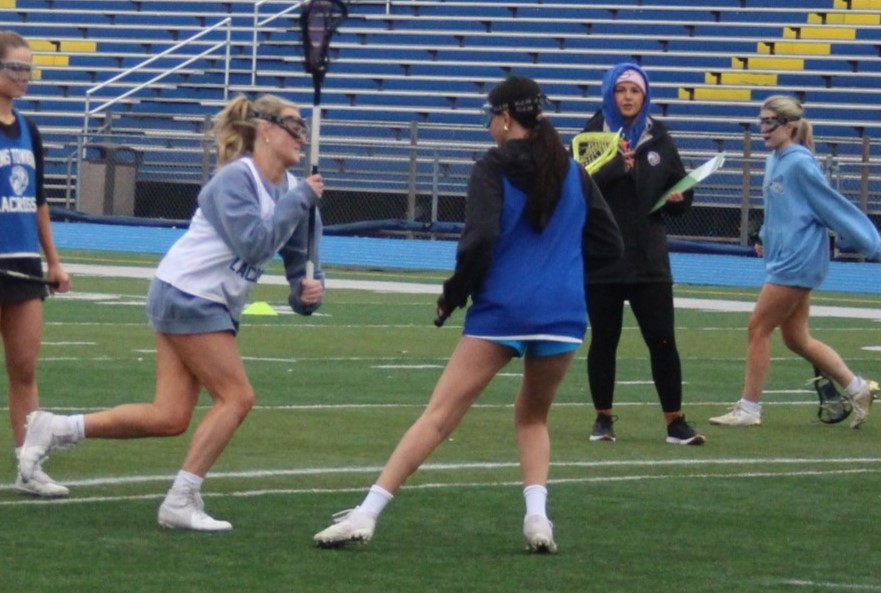

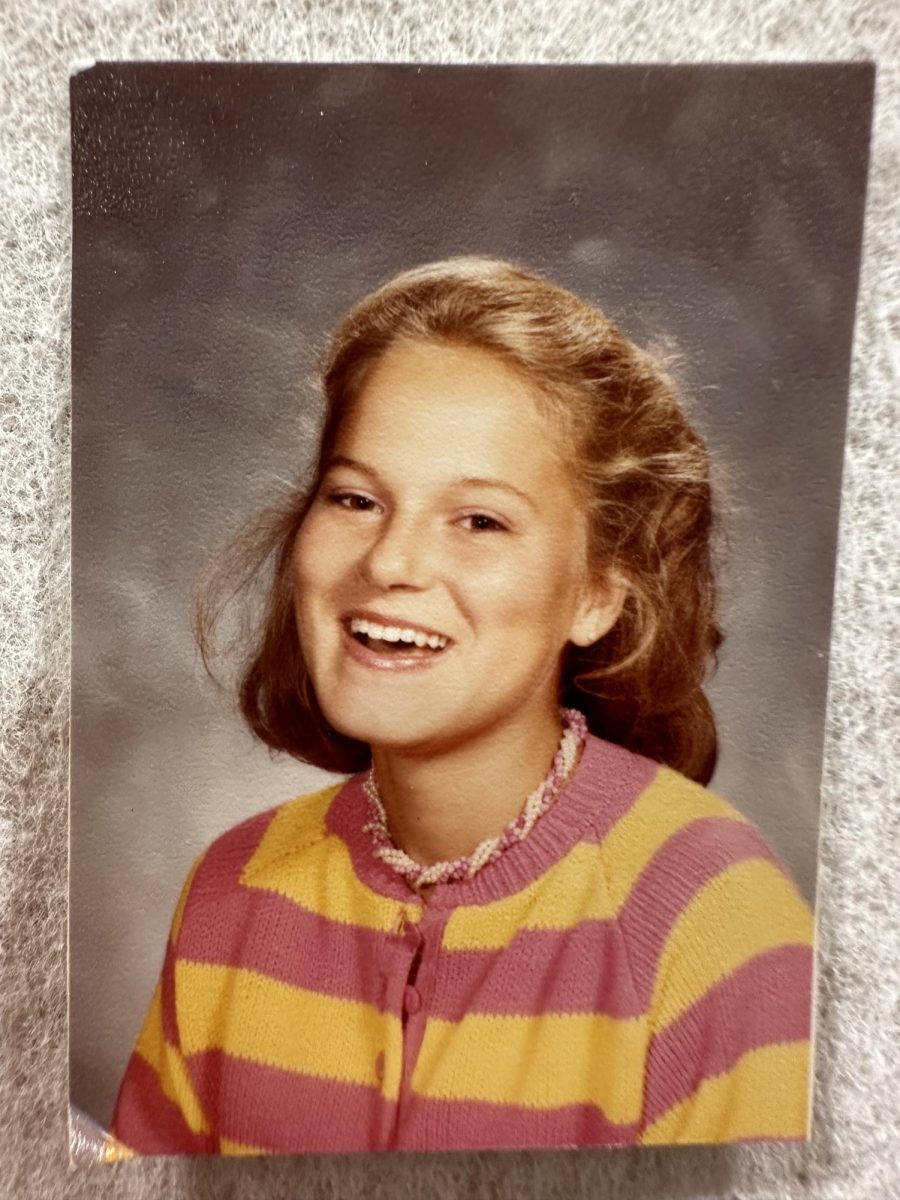

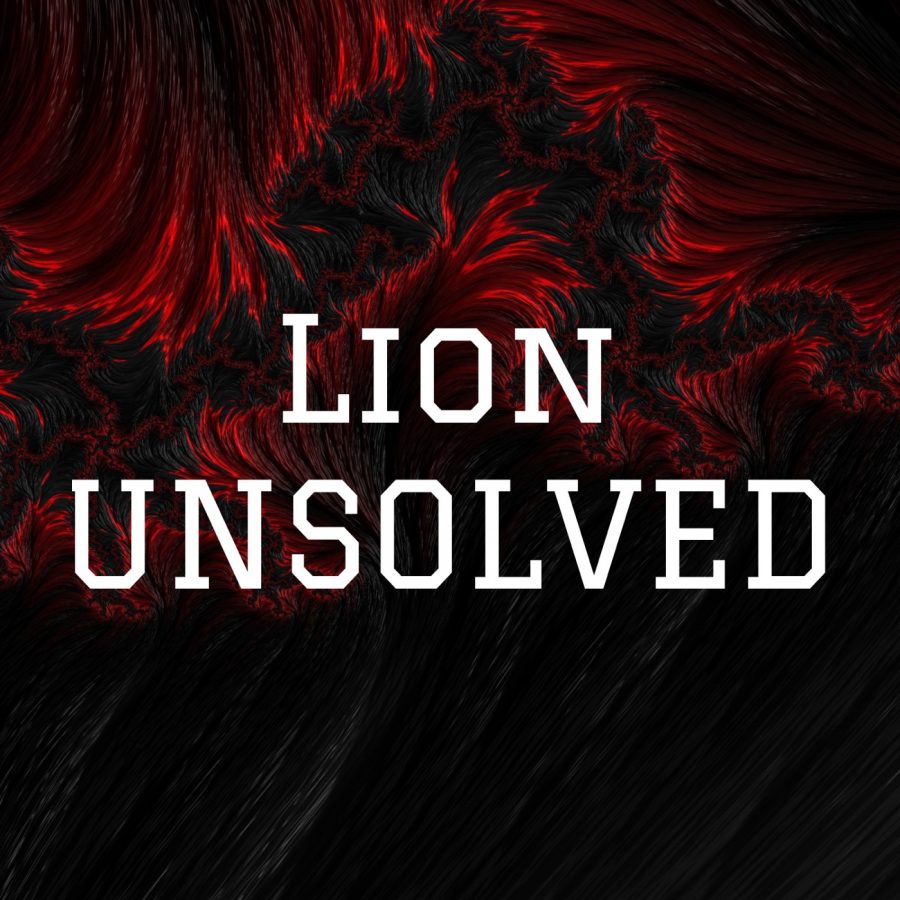
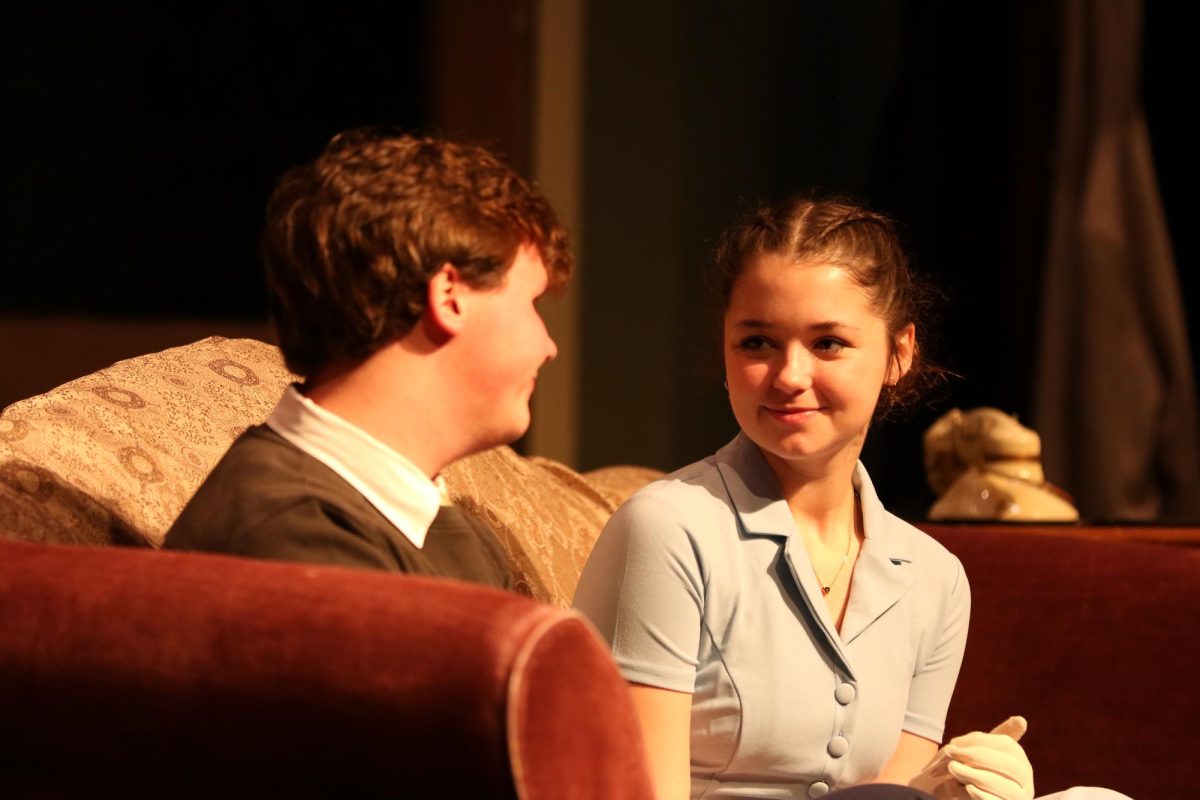


![Movie poster for [Rec] (2007).](https://www.lionnewspaper.com/wp-content/uploads/2023/04/rec-640x900.jpg)

